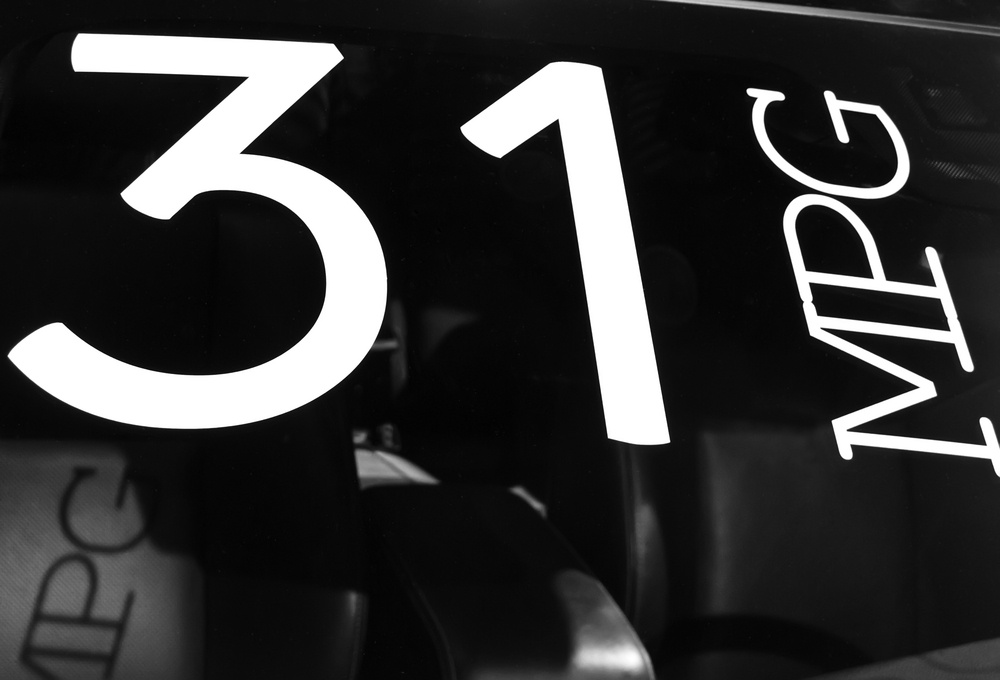
The website Honest John hosts a page called ‘Real MPG’ which gathers and publishes real fuel consumption data and highlights the gap between the official fuel economy data stated by vehicle manufacturers and real-world fuel consumption. According to their findings, the average vehicle delivers just 80% of the officially advertised fuel economy.
Real MPG began in 2011 thanks to the website Honest John, one of the most famous resources for vehicle buyers, which feature tips and professional answers to technical questions posed by readers. Because Honest John was receiving more and more complaints from buyers who could not reconcile the MPG of a vehicle used in a real-life setting with the MPG advertised by the manufacturer, it created this page specifically for vehicle buyers to submit their own MPG findings together with engine model and ‘type of driving’.
The debate on real versus advertised MPG and the reliability of vehicle testing is ongoing, though it has become more intense in recent years due to the gap between official and real MPG appearing to be on the increase.
The NEDC (New European Driving Cycle)—the official vehicle testing method for the last 40 years—has often been judged as incapable of simulating real-life driving as it is no longer compatible with modern engines or the stats are drawn from vehicles adjusted to obtain better results (allegedly). The Worldwide Harmonised Light Vehicle Test Procedure (WLTP) has come into force since September 2017 and is seen as a more realistic testing method—though it is still not exactly real-life driving—as it includes a greater range of driving situations (urban, suburban, main road, motorway), longer test distances and stricter car set-up and measurement conditions. From September 2018, all new vehicles will have to be certified under the WLTP. According to Real MPG, WLTP should be more reflective of real-world driving, but it is still laboratory-based and unlikely to return the realistic economy figures that buyers need.
But, apart from the vehicle testing, what exactly did the Real MPG discover? Apparently, just one in ten vehicles matched the figures quoted by carmakers in 2017. The worst performing car, according to Real MPG, was the Smart Fortwo which achieved 67% of its advertised fuel economy, followed by the BMW 5 Series and Land Rover Discovery Sport with both delivering just 68 per cent of their stated MPG. Best performing cars were the Land Rover Defender, with an average of 105%, followed by the Mazda MX-5 (102%) and the Toyota GT86, with a real-world fuel economy of 98%. In terms of commercial vehicles, the Ford Transit data collected in Real MPG demonstrated a real-world fuel economy of 78% in its 2.2 TDCi 125 variant and 67% in the 2.2 TDCi 155. The Citroen Berlingo 2018 demonstrated 93% in its 1.6 HDi 90 variant and 84% for the 1.6 e-HDi 90.
These investigations and debates around real-world fuel consumption do highlight that fleet costs and fuel costs are quite tricky to manage if you are too much influenced by advertised MPG because of the gap between the manufacturer’s claims and the real-world fuel economy. Driving style and maintenance is extremely important, and real-world MPG data is what counts at the end of the day. Best practices in terms of efficient driving, fleet policies controlling use of vehicles, driver training and appropriate maintenance that avoids wasted fuel have to be combined together with the monitoring of real fuel usage—cross-checking mileage and the cost of fuel used. Today you can manage fuel on a real case by case basis: let us know if you need to capture fuel data and run vehicles more efficiently.


